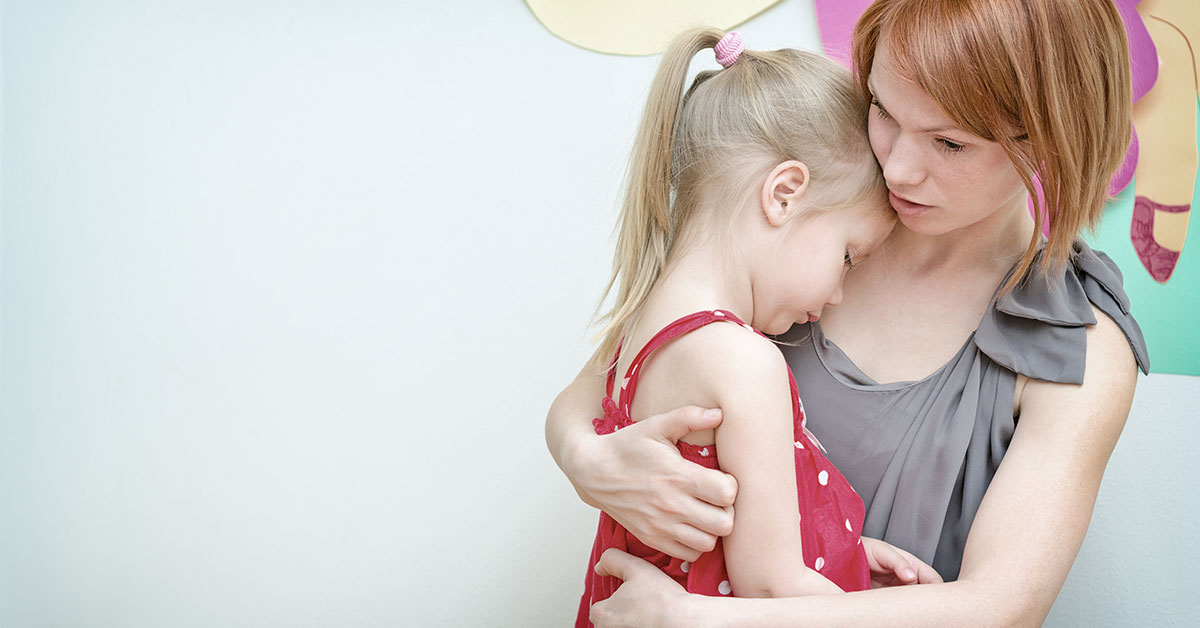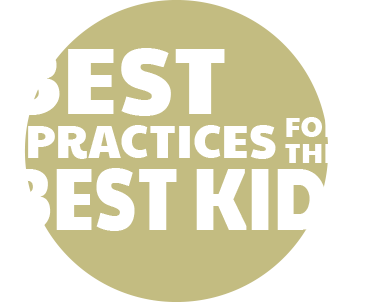
Teaching Children Emotional Intelligence
Experts recognize that there are other types of intelligence than just the IQ that we’ve become accustomed to. It is becoming increasingly apparent that emotional intelligence also plays a role in a person’s success, both personal and business. The daycare teachers at Strong Start Early Care and Education have elements built into the curriculum that assists a child in their emotional development. Emotional intelligence is based on the ability to read nonverbal cues that other people put off. We also know that a child’s development doesn’t stop when they climb into your car to go home. We’ve come up with a few ideas for you to work on emotional intelligence at home with your child.
Which Children Can Benefit From These Practices?
In any group of people, there are going to be those who are more attuned to the feelings and the nonverbal cues through which people communicate their feelings, both consciously and unconsciously. These people have the uncanny ability to read the subtleties on faces, hear the emotion in voices, and to read body language. But there are also those who are not good at these things at all. In fact, for many people, it is a daily struggle. This struggle is a hallmark of Autism, and while there are many people who struggle with nonverbal cues who show no signs of being on the Autism spectrum, the increased awareness and diagnosis of Autism has brought attention to this issue. If we were to generalize for just a moment, we would say that boys struggle more than girls with nonverbal cues.
Learn What Faces Mean
While some children struggle with a lack of intuitive understanding of facial expressions, many can learn cognitively what they mean. One way they can learn is by looking at faces and putting words to them that describe an emotional state. You can do this through the use of magazines. Gather a collection of magazines on different topics, such as psychology, sports, and beauty magazines.
Find a time when you child can concentrate and sit still and grab a magazine or two. Flip through the pages and ask your child what emotions they see. If you see one particular face that seems to you to express one clear emotion help your child come to the conclusion that it is that emotion that is being expressed. If they seem to be missing the mark, you can even cut out the faces and make a poster of different emotions, and group all the happy faces together and all the angry faces, etc. You can make this more dynamic by doing this with television or commercials, with the sound down. Or you can make it into a game that you play with your child anywhere you go, observing the faces and gestures of people and naming the emotions that they are conveying. This exercise of putting a name to an emotion is a great step to understanding the emotions of others, as well as their own emotions.
Put a Name to It
Is you child understand emotions more, you can help them transfer their understanding to their emotions. This can be begun quite early to help children understanding their intense emotions that can be quite overwhelming to a small child. When they are displaying an emotion, ask them if they are feeling X. They will soon come to associate that word with their emotions and will be more quickly be able to say, “I’m feeling X.” This ability allows a child an outlet to express their emotions, rather than just acting out. You can do this to your own emotions too. When you child, or another driver, or life gets you frustrated, name it! Say “Oh! I’m so frustrated!” Don’t forget the positive emotions! Be sure to say, “I’m so happy!”, or “ I feel so calm and peaceful right now.” Children need to be exposed to words for all the emotions.
Validate!
One very important thing you can do is validate your child’s feelings. Not only does every person benefit from validation, but when you repeat back what they are expressing, you are giving the input in an audio form, so they hear it as well as saying it and feeling it. Every extra connection will strengthen their understanding of emotions and the role they play in our culture.
Strong Start Early Care understands that the emotional security of your child is foundational to their success in life and we invest in it every day. Call us today to learn more about us.

We’ve created an environment where your child will feel physically and emotionally secure and happy. Feeling secure unlocks confidence and learning potential, allowing for natural exploration and inquiry about the world. Find out more today!
Nothing is more important than your child's safety and security. Strong Start is built on the promise of creating an environment where all children feel physically and emotionally secure. That sense of security and peace of mind will be extended to you as a parent as well.
SEE STRONG START ON NATIONAL NEWS!
Featured on CBS Eye On The Money Segment
SEE STRONG START ON NATIONAL NEWS!
Featured on CBS Eye On The Money Segment



